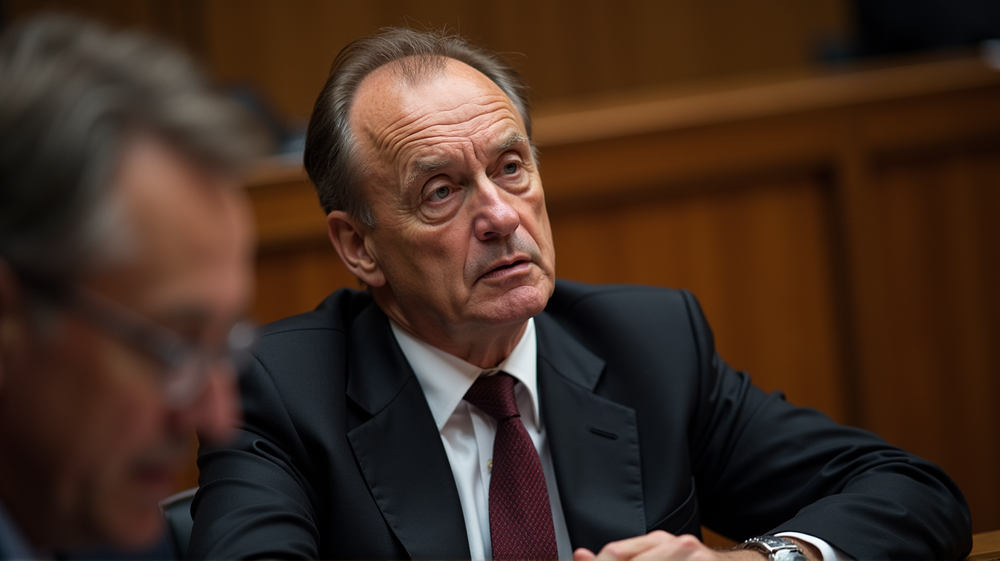A Surprise in Parliament
In an unexpected twist, Friedrich Merz stumbled in his effort to win the election as German chancellor during the first round of parliamentary voting. The result has sparked doubt over his new government’s capacity to jumpstart Germany’s wary economy, even though Merz was successful in the second round.
Coalition Challenges
The fledgling coalition, a union of the Union bloc and Social Democrats, already faces skepticism. It confronts the task of revitalizing an economy hampered by a lack of growth drivers since before the COVID pandemic. As stated in ABC News, Merz’s agenda aims to streamline governmental budget squabbles and to echo the confidence exuded during his coalition deal and February election victory.
Economic Stagnation
Merz’s initial failure has called into question the solidity of his parliamentary majority. Would his coalition be able to deliver much-needed reforms? Onlookers watch closely, knowing these factors are critical to reversing two years of economic contraction, with zero growth forecasted for the near future.
Expert Opinions
Economic specialists such as Franziska Palmas and Carsten Brzeski emphasize the vulnerability added by the failed vote. Merz’s promise of an efficient government is now under scrutiny. Potential reforms include expansive defense and infrastructure spending, combined with targeted cuts in corporate taxes and unnecessary bureaucracy.
The Parliamentary Maze
The composition of Merz’s coalition, totaling 328 members, paired with whispers of fiscal resistance among conservative lawmakers fuels ongoing speculation. Merz’s initial 310 votes, against a required 316 majority on the first go, highlights internal tensions over a massive 500 billion euro booster for infrastructure beyond Germany’s constitutional deficit cap.
External Influences
Moreover, international developments, like new tariffs by the U.S., add to Germany’s economic conundrum. Such elements mar hopes for a quick policy rollout to reignite growth; optimism that has been ebbing amid political uncertainties.
The Path Forward
Despite the initial stumble, there’s a silver lining. Parliament’s vote structures might favor Merz in non-secret ballots, reinstating some confidence in policy motion. Yet, external pressures, lingering internal resistance, and a yearning public eye remain ever vigilant as this chapter for Germany unfolds.
Will Merz overcome hurdles to lead Germany into a new era of prosperity? Only time will tell.












